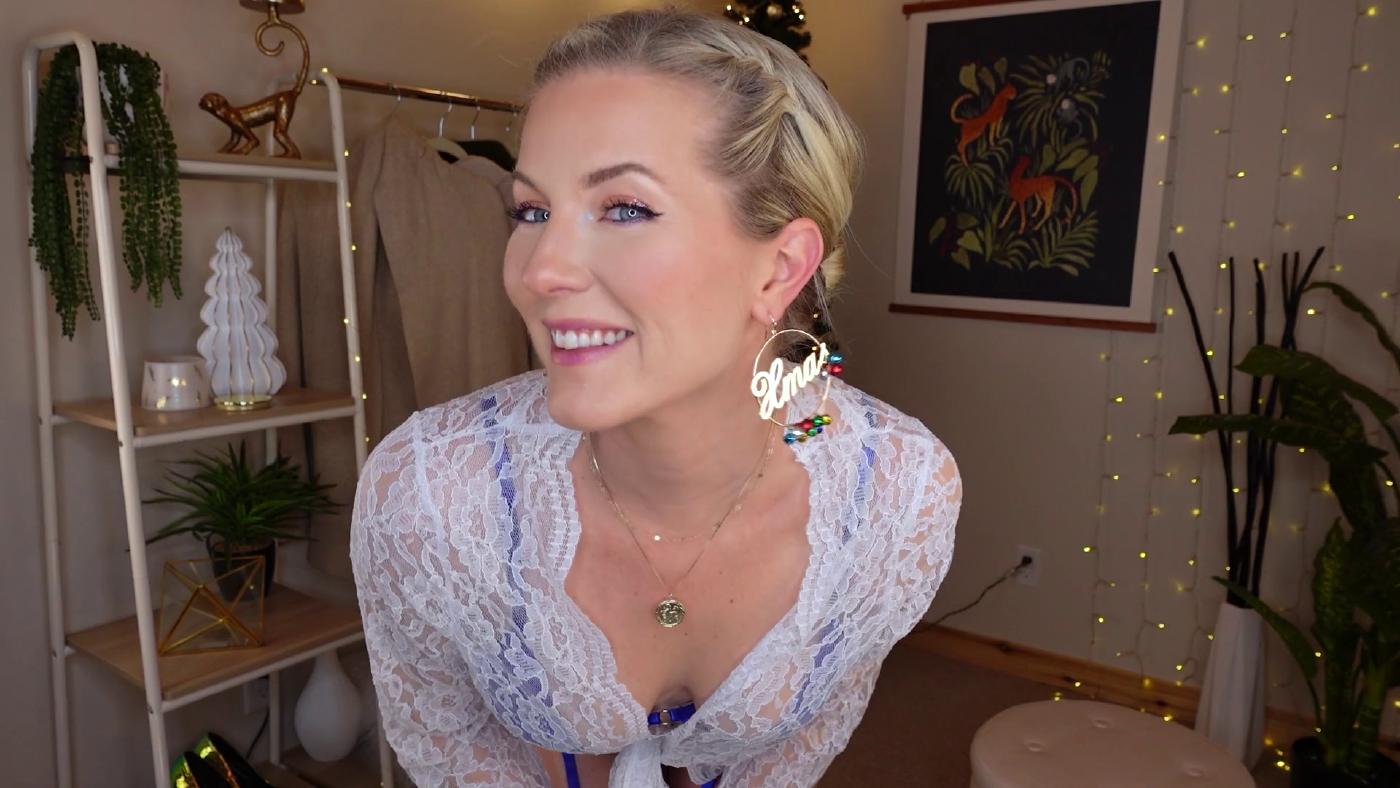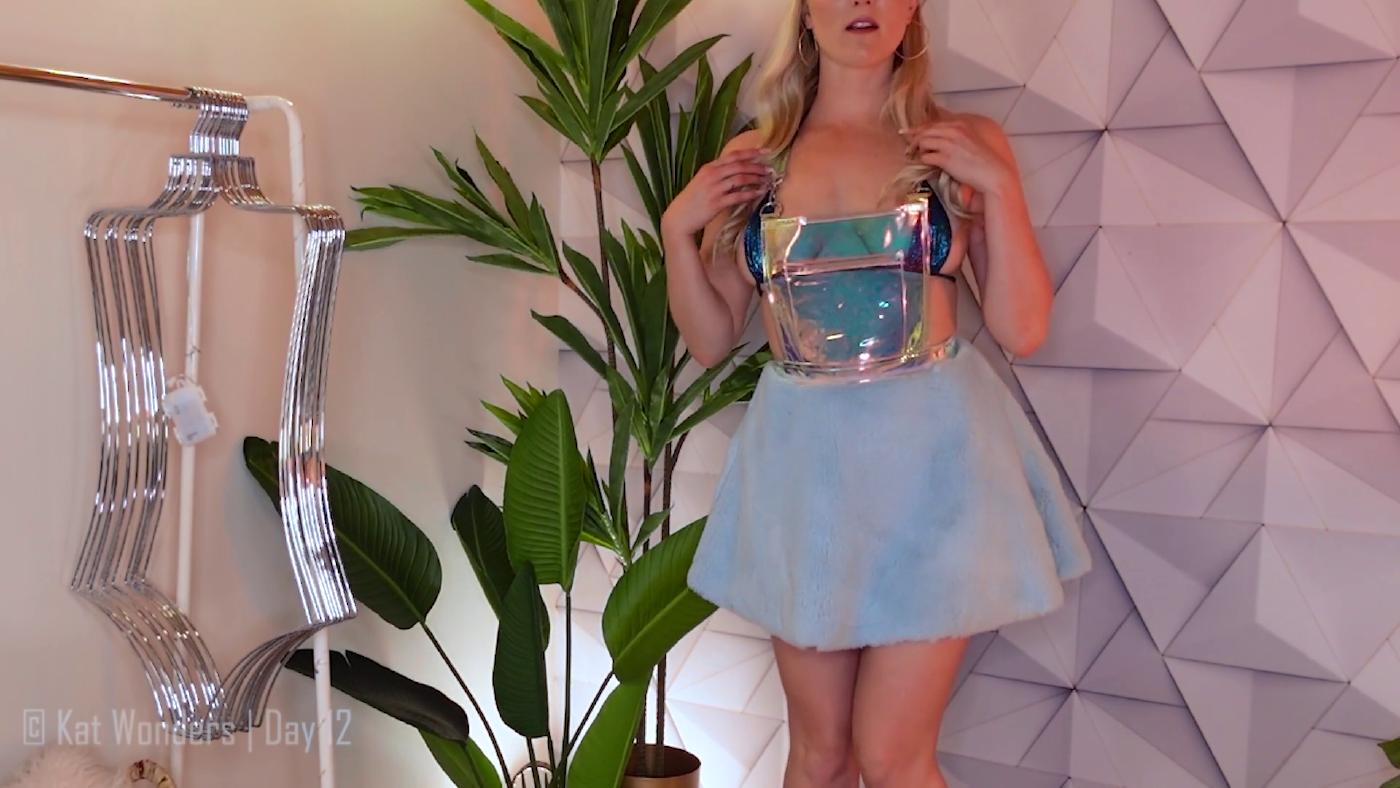Influencers Gone Wild: The Truth Behind The Trend & Its Impact
Is the quest for online fame eroding our moral compass? The "influencers gone wild" phenomenon is not just a catchy phrase; it's a symptom of a deeper societal shift, where the pursuit of likes and shares is eclipsing ethical considerations.
Through the lens of "influencers gone wild," we witness a spectrum of behaviors, ranging from the merely attention-seeking to the genuinely dangerous. The digital landscape, a realm once envisioned as a democratizing force, has, for some, become a stage for reckless abandon. There are numerous instances, documented across social media platforms and news outlets, where influencers have crossed the line, engaging in behaviors that are, at best, questionable, and at worst, illegal or harmful. These transgressions, often captured in viral videos and shared with the world, are a stark reminder of the powerand the perilof influence in the digital age.
Consider, for instance, the examples of influencers who have pushed boundaries. These actions are often amplified by algorithms, the invisible gatekeepers of online visibility, and the pressure to stay relevant is intense. The digital space rewards content that is shocking, engaging, or controversial, leading some to push boundaries beyond ethical limits. Nudity in front of a sacred tree is one of the examples of such behavior which showcases the boundary that influencers are crossing.
The actions taken by influencers have changed the way we think, but there are actions with a darker side, such as advertising for fake or dangerous products. This phenomenon, widely discussed under the banner of influencers gone wild, exposes the risks of an influencer culture that prizes shock value and sensationalism over truth and responsibility. Influencer marketing has evolved significantly, with brands now seeking out bold content creators to grab attention. The future of influencers gone wild trend highlights the dangers of unchecked social media fame.
Here is an illustrative table which will make your understanding stronger:
| Aspect | Details |
|---|---|
| Definition | "Influencers gone wild" refers to online creators who engage in irresponsible, reckless, or dangerous behavior for attention or engagement. |
| Behaviors | This can include illegal stunts, offensive material, promoting fake/dangerous goods, pushing boundaries, and engaging in actions that are shocking and controversial. |
| Motivation | Driven by the desire to maintain relevance, increase following, and boost engagement, or financial gain. |
| Impact | Creates risks and dangers and leads to the erosion of ethical standards, potentially damaging the influencer's reputation. |
| Examples | Nudity in front of sacred sites, promotion of harmful products, dangerous challenges, spreading of misinformation. |
| Consequences | Damage to personal brand, legal issues, cancel culture, and loss of trust from followers and brands. |
| Underlying Issues | The pursuit of social media fame, pressure to stay relevant, algorithms, the digital space rewarding shocking and engaging content, and the impact of consumer trends. |
| Ethical Concerns | Misuse of influence, shaping of societal values, the influence of consumer trends, and the creation of negative cultural conversations. |
| Solutions | Transparency, fostering ethical practices, promoting accountability, and stricter guidelines to curb unethical behavior, advertising regulations. |
| Relevance | The phenomenon presents important lessons for content creators and serves as a reminder of the ethical challenges in the pursuit of digital fame. |
| Societal Impact | Significant impact on what is deemed right and wrong. Content shapes cultural norms and influences public opinion. |
| Link for further reading | New York Times: The Ethics of Influencer Culture |
The core issue at play is the significant power wielded by influencers. As they gain fame, they also inherit a considerable responsibility. They shape societal values, influence consumer trends, and drive cultural conversations. However, the dark underbelly of social media fame reveals that not all influencers uphold ethical standards, often leading to the misuse of their influence. The digital space rewards content that is shocking, engaging, or controversial, leading some influencers to push boundaries beyond ethical limits.
What does "influencers gone wild" actually mean? It's more than just a catchy phrase. It's an umbrella term for online creators who engage in irresponsible or dangerous behavior. This can encompass a wide range of actions, from performing illegal stunts and sharing offensive material to promoting deceptive or harmful products. These actions frequently go viral, often to the detriment of the influencer's reputation, and, at times, with legal ramifications. These influencers are changing how we make and watch content.
The term encapsulates the ethical challenges that have emerged with the rise of social media. It is a phenomenon that reveals the risks of an influencer culture that prizes shock value and sensationalism over truth and responsibility. The rise of influencer regulation by advertising bodies in different countries is a response to this problem, aiming to hold influencers accountable for misleading or harmful behavior. The phenomena of "influencers gone wild" present important lessons for aspiring content creators.
The ethical implications are manifold. Transparency, accountability, and responsible behavior are essential. As social media continues to shape cultural norms and influence public opinion, it is imperative that both influencers and their audiences prioritize responsibility, transparency, and ethical conduct. Consider the impact of "cancel culture," which amplifies the fallout from these "influencers gone wild" moments. While holding influencers accountable is important, it also raises concerns about mob mentality and the lack of opportunities for redemption.
The cultural phenomenon of "influencers gone wild" underscores the need for a more balanced approach to social media. Influencers, with their "gone wild" behaviour, have sparked major discussions regarding their cultural influence. Their content significantly influences what is deemed right and wrong nowadays. This evolution has made everyone rethink what is the actual meaning behind being famous.
In the digital age, the line between private and public life has become increasingly blurred, and the pursuit of online fame can often lead to individuals making choices they might not otherwise consider. This blurring, coupled with the immediacy and reach of social media, creates a volatile environment where unethical behavior can quickly spiral out of control, damaging reputations and, in some cases, causing legal repercussions.
The very structure of social media platforms, with their emphasis on engagement metrics and virality, creates an environment that incentivizes influencers to seek ever-greater levels of attention. The pressure to maintain this momentum can lead to a disregard for ethical boundaries, as influencers become willing to engage in increasingly risky behaviors in pursuit of likes, shares, and followers. The quest to remain "relevant" often trumps the consideration of the consequences.
Furthermore, the relationship between influencers and their audiences is often built on a foundation of trust. When influencers engage in irresponsible or deceptive behavior, this trust is shattered. Audiences, once eager to consume the content and recommendations of these figures, may become disillusioned, leading to a loss of credibility and a decline in influence. It is imperative that both influencers and their audiences prioritize responsibility, transparency, and ethical behavior.
The "influencers gone wild" phenomenon is not merely a passing trend; it is a reflection of deeper societal issues. It exposes the ethical challenges that have emerged in the pursuit of digital fame and underscores the need for a more responsible approach to content creation and consumption. As social media continues to shape cultural norms and influence public opinion, it is imperative that both influencers and their audiences prioritize responsibility, transparency, and ethical behavior.
The future of social media and the role of influencers within it is being actively reshaped by these controversies. Brands are becoming more discerning in their partnerships, demanding greater accountability and ethical conduct from the creators they collaborate with. Platforms are implementing stricter guidelines to curb unethical behavior and protect their users from harm. The evolution has made everyone rethink what is the actual meaning behind being famous.


